BBC Wales shake-up aimed at saving £9m by 2022
- Published
Rhodri Talfan Davies said the BBC had to make savings to cope with a "flat licence fee"
BBC Cymru Wales has announced a major reorganisation aimed at saving £9m by 2022.
A shake-up of senior management and commissioning will see six senior posts scrapped and three new ones created.
Director Rhodri Talfan Davies told staff the changes should "simplify the way we work" and were "designed to make BBC Wales more creative, more collaborative and more open".
The National Union of Journalists said it wanted job losses kept to a minimum.
The changes come against the background of the BBC's "cash-flat" licence fee agreement, set in 2015.
Mr Davies said the target was a saving of 2% a year, although he hoped there would be a significant announcement on investment in new content by Christmas.
The way TV, radio and online content is commissioned will be brought together, he said, with the aim of boosting digital content and reaching younger audiences.

A move to new premises in Cardiff could save £3m, BBC Wales Director Rhodri Talfan Davies says
"Our audiences are changing fast and we must too," said Mr Davies.
"I believe these changes will simplify the way we work, speed up decision-making and give our commissioners the freedom to place even bigger bets and to explore new ways of serving all our audiences."
He added that BBC Wales' move to a new home in Cardiff city centre in 2019 was expected to deliver up to £3m worth of savings.
Mr Davies told staff he hoped to limit savings in content areas to around £3m over the five years, with any new investment secured likely to be spent on English-language TV programmes and news services.
"In the public sector, our efficiency record is second to none," he said.
"Across the BBC, our savings in this current charter period stand at about £1.6bn.
"Our principle, as always, will be to protect our services as far as possible, and minimise the impact on audiences. So, of course, we will push even harder on efficiency."
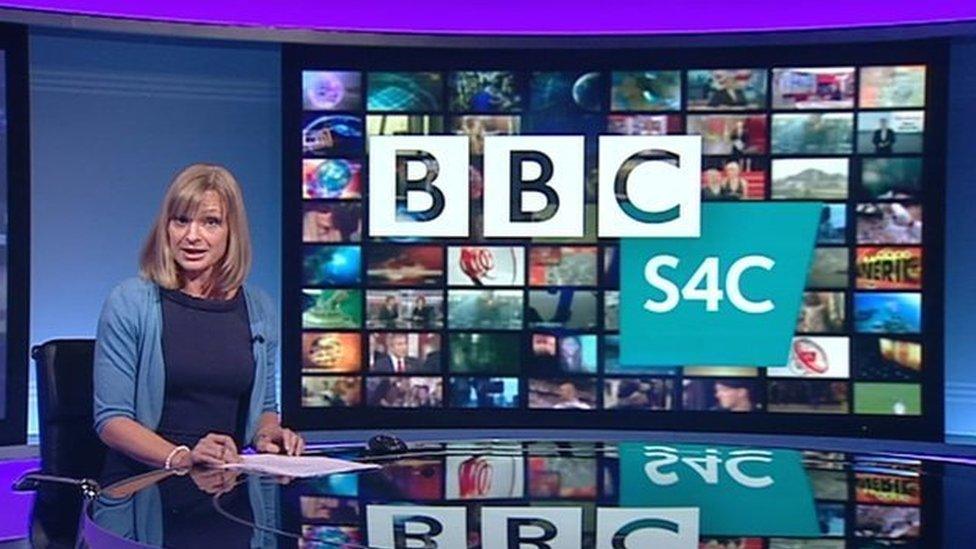
S4C's funding from the BBC licence fee has been guaranteed until 2022
Responding to the news, the National Union of Journalists said: "Today's announcement comes at the end of more than a decade of severe cuts at BBC Wales.
"Our staff are being asked to take on more duties every year; the fact that programmes and services continue to be produced to such a high standard is a tribute to their efforts.
"We will be looking for assurances that any job losses will be kept to a minimum, so that the staff that remain can continue to serve the people of Wales."
The announcement came as UK Culture Secretary Karen Bradley published a proposed new BBC Royal Charter, external.
A new unitary BBC Board - replacing its current board of management and the BBC Trust - would include a member for Wales, with the Welsh Government to be consulted over their appointment.
The corporation will also now be regulated by Ofcom, which will place obligations on it to reflect Wales in its output.
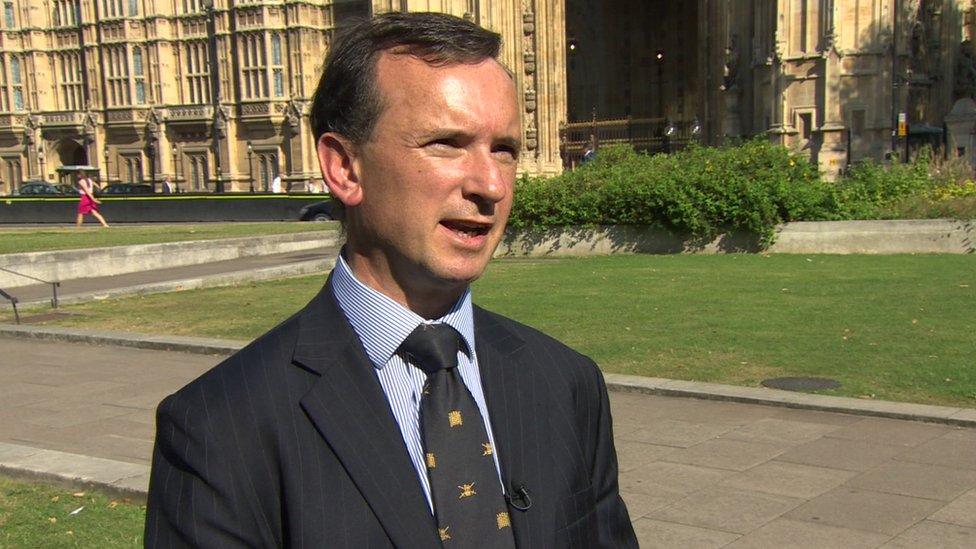
Welsh Secretary Alun Cairns said audiences in Wales would be "better served" by the new charter, saying: "Our nation's voice will be heard at the highest level of the BBC."
However, Plaid Cymru MP Jonathan Edwards said if Ofcom was now regulating the BBC it too should have a board member for Wales.
"Our unique position within this group of nations as a fully bilingual country brings its own challenges, as does our increasingly divergent political picture," he said.
"If Ofcom is to be charged with performing the role of external auditor, the UK Government needs to commit in the very least that there should be a permanent member on the Board representing Welsh interests."
The draft charter also requires the BBC to name all employees and presenters paid more than £150,000 a year.
Ms Bradley told MPs it would bring the corporation "in line with the civil service" on transparency.
It also sets out the BBC's agreement with S4C, whose funding from the licence fee will be pegged at £74.5m a year until 2021/22, when a review of the Welsh channel will have been completed.
- Published12 July 2016
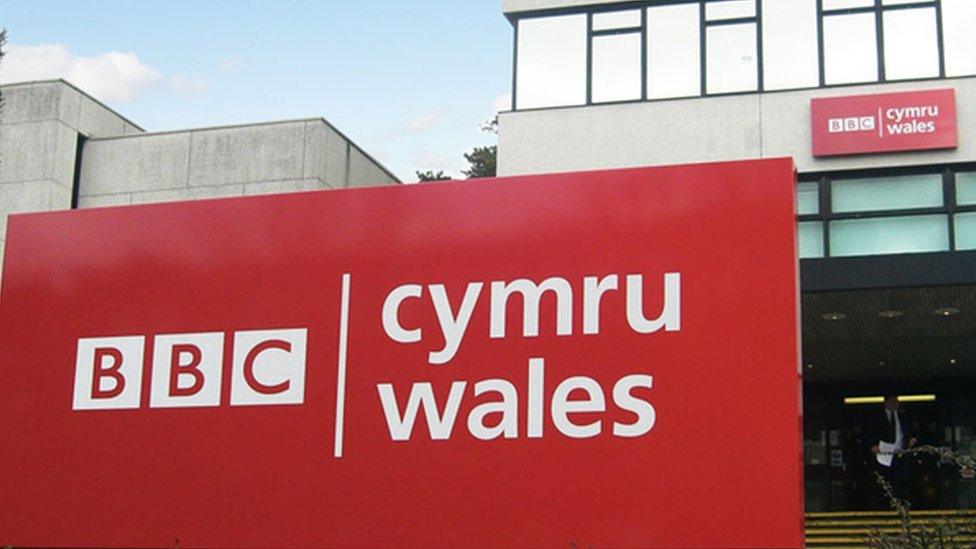
- Published15 September 2016

- Published15 September 2016
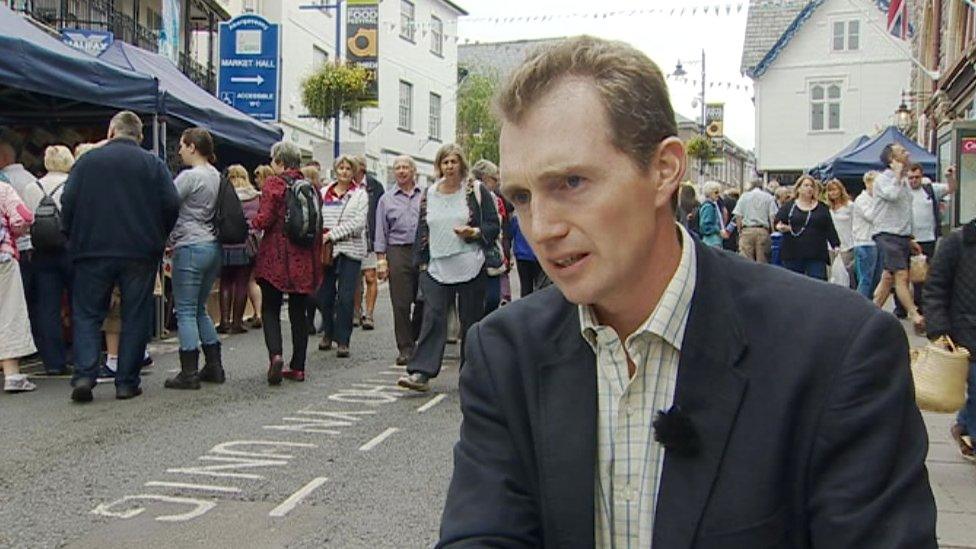
- Published14 September 2016
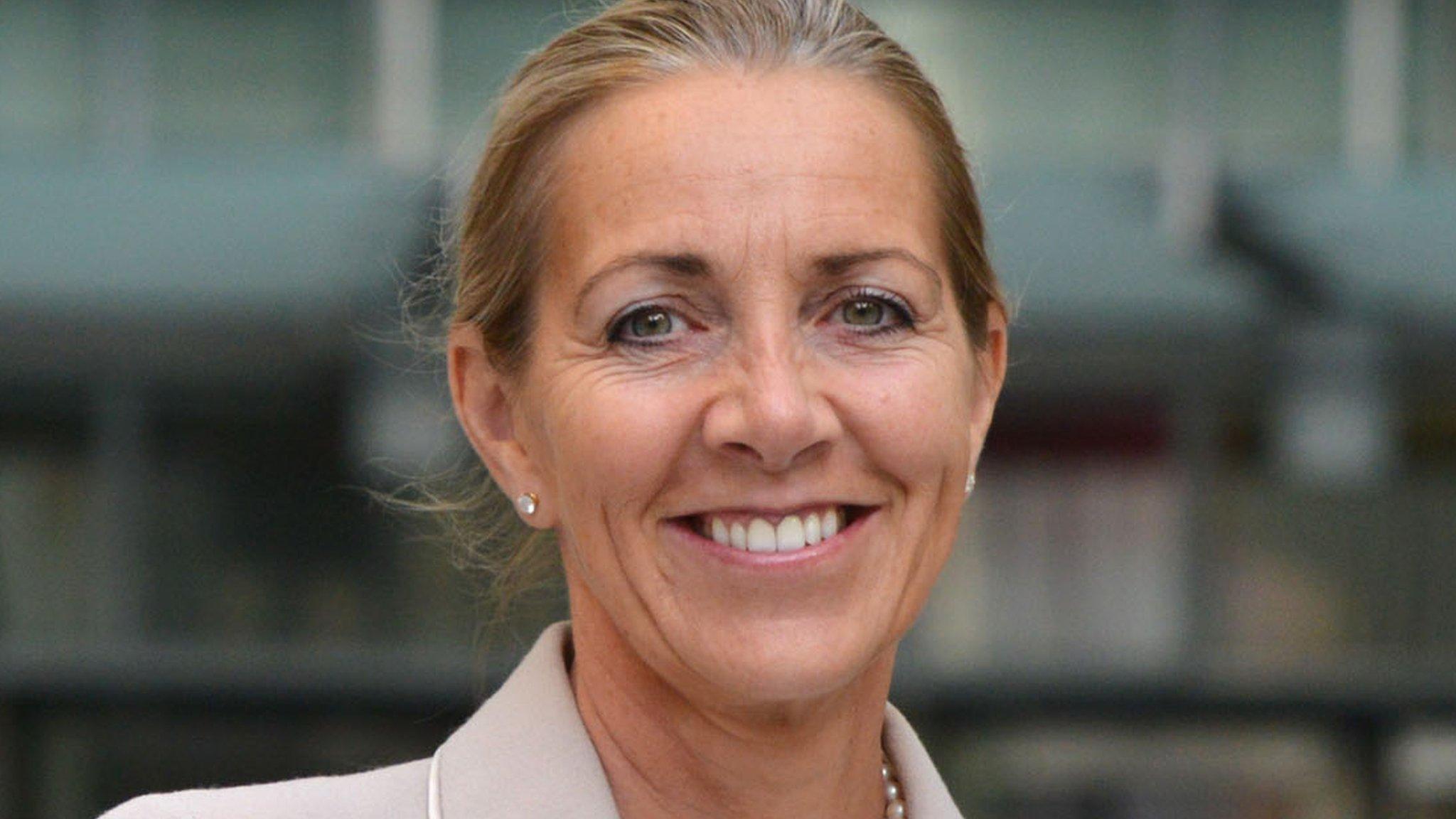
- Published7 September 2016
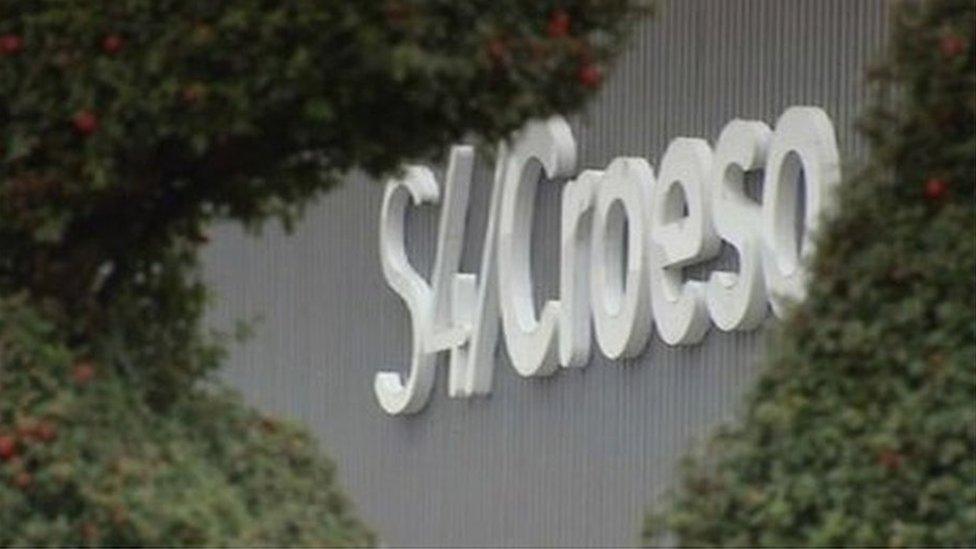
- Published6 July 2015
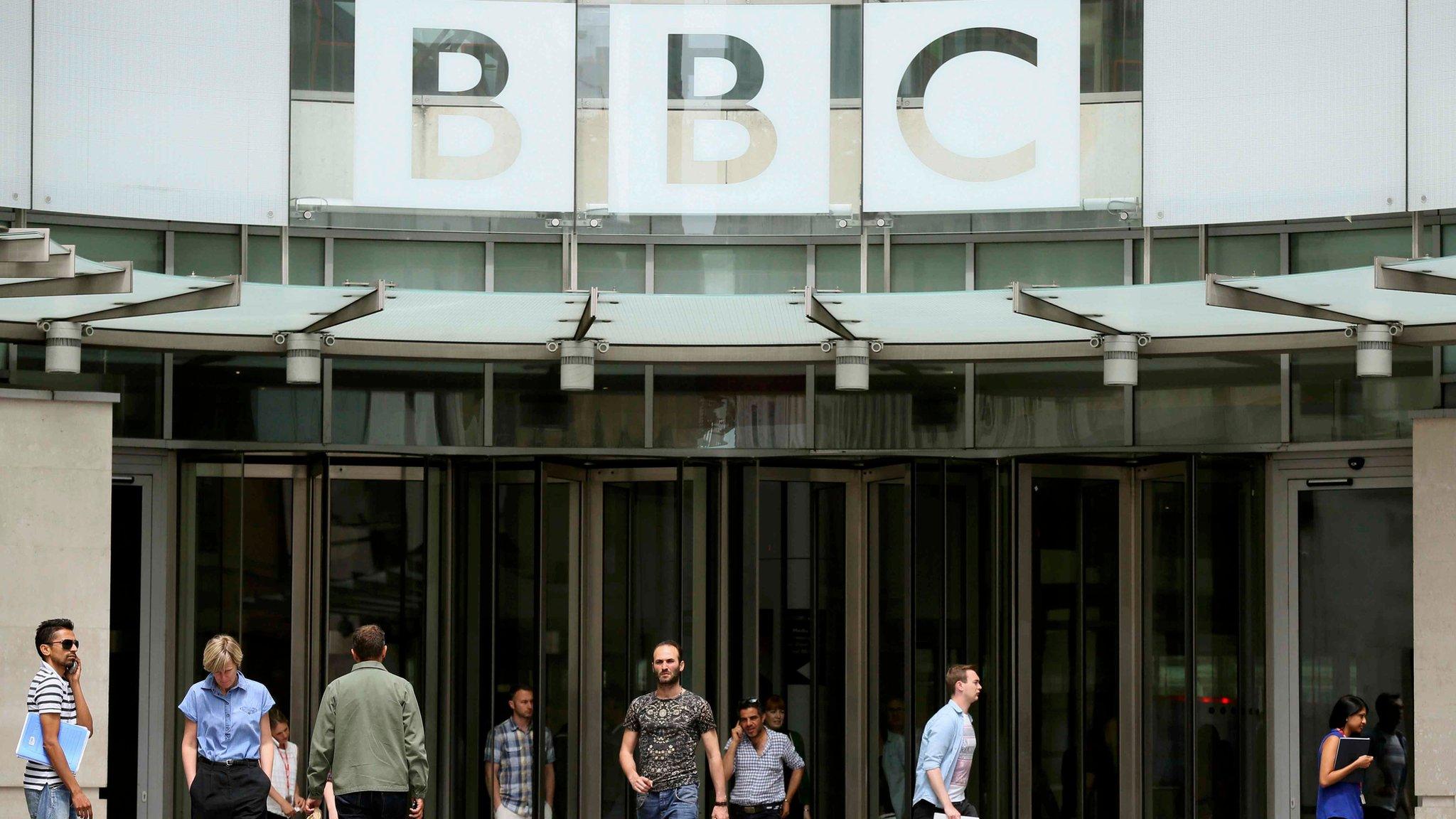
- Published29 April 2015
